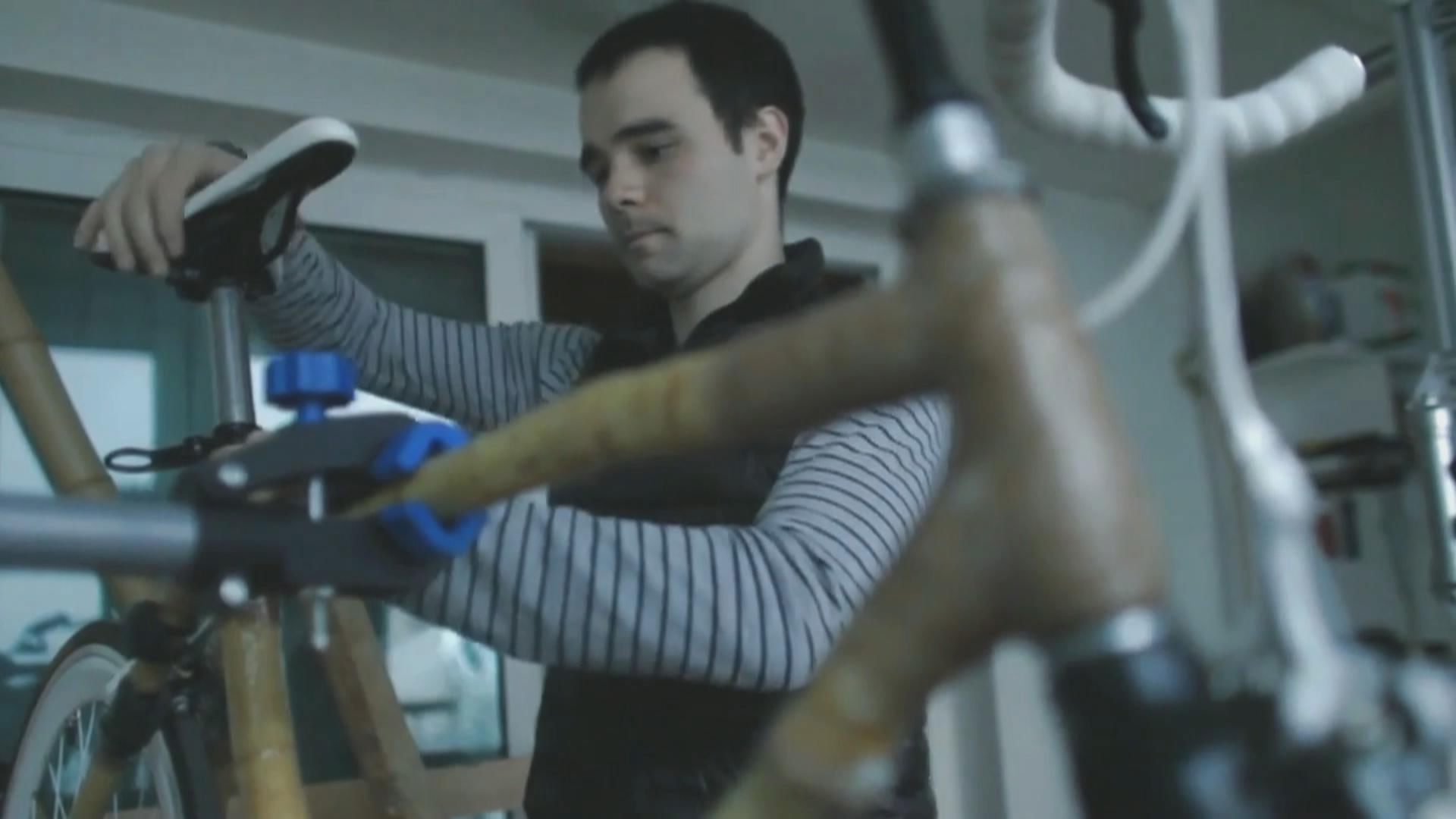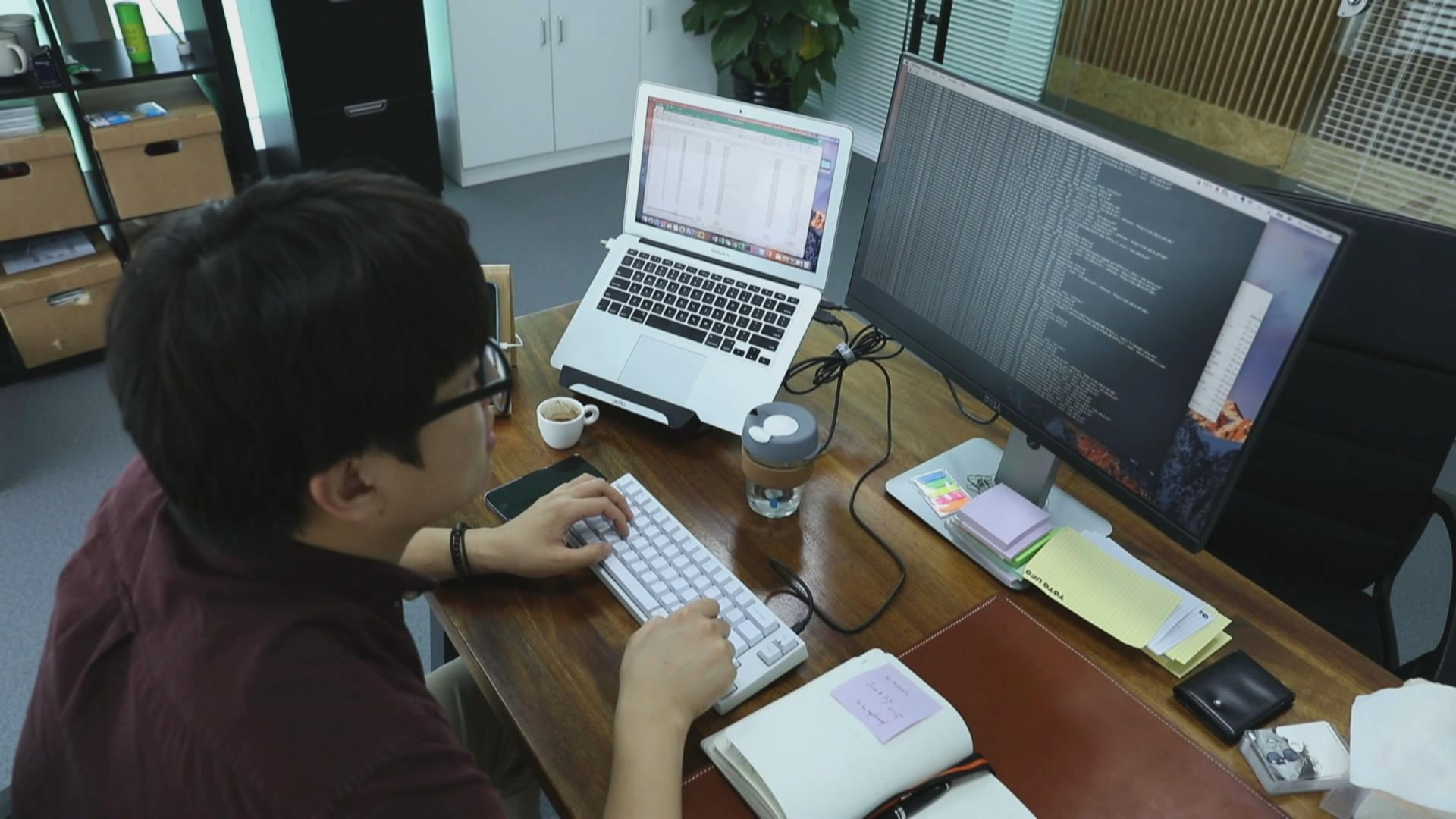
Business
13:19, 16-Sep-2017
China's foreign start-up gold rush
By CGTN's New Money

China’s economic rise has sparked an influx of multinational corporations and investors looking to cash in on new opportunities in the emerging market. But a growing number of overseas start-up entrepreneurs are also joining their ranks.
Located in the famous Nanluoguxiang business and culture neighborhood, Bamboo Bicycles Beijing produces bicycles out of bamboo. Its founder, David Wang, quit his job in the US and came to Beijing in 2014.
To build the bamboo bicycles, David traveled across China trying to source materials, and now his company uses materials from Anji, the bamboo town of Zhejiang, and Jhushan Township in Taiwan. David also works with many bamboo experts to improve the technical aspects of his products.
Besides making bicycles, the company also provides training courses and experiences for universities and companies as team-building activities.

Brian Cheong is one of the few expats who has tapped into China’s tech industry.
The start-up entrepreneur from South Korea was a Peking University student when he founded Tata UFO, a software company focusing on networking.
Having noticed the shifting spending culture in today’s China, Cheong’s company has tried to cater to the younger generation of consumers. Tata UFO now has garnered a fan base of 8 million.

While some expat entrepreneurs thrive on creating products, others are providing services. Hannah Ryder, a British and Kenyan citizen who formerly worked at the UNDP’s China office, launched her consultancy to help those in the developing world tap into the Chinese market through training and investment promotion.

There are start-up aspirants, too. Lena Elsborg, a Danish postgraduate student at Communication University of China, is in the early days of starting her business. By sharing self-produced short videos on her travel and life in China, she has gathered an online fan base of 4,000. She now makes money through donations by her followers, and shooting promotional videos for companies.
14km

SITEMAP
Copyright © 2018 CGTN. Beijing ICP prepared NO.16065310-3
Copyright © 2018 CGTN. Beijing ICP prepared NO.16065310-3